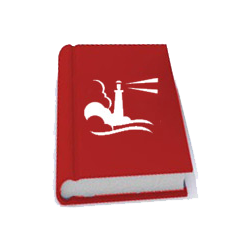H.A. Kelly
Ashgate Variorum
Hardback
382
2001
'Inquisition' was the new form of criminal procedure that was developed by the lawyer-pope Innocent III and given definitive form at the Fourth Lateran Council of 1215. It has since developed a notoriety which has obscured the reality of the procedure and it is this that Professor Kelly is first concerned with here. In contrast to the old Roman system of relying on a volunteer accuser-prosecutor who would be punished in case of acquittal the inquisitorial judge himself served as investigator accuser prosecutor and final judge. A probable-cause requirement and other safeguards were put in place to protect the rights of the defendant but as time went on some of these defences were modified abused or ignored most notoriously among papally appointed heresy-inquisitors but in all cases appeal and redress were at least theoretically possible. Unlike continental practice in England inquisitorial procedure was mainly limited to the local church courts while on the secular side native procedures developed most notably a system of multiple investigators/accusers/judges known collectively as the jury. Private accusers however were still to be seen illustrated here in the final pair of studies on 'appeals' of sexual rape.
Ashgate Variorum
Hardback
382
2001
'Inquisition' was the new form of criminal procedure that was developed by the lawyer-pope Innocent III and given definitive form at the Fourth Lateran Council of 1215. It has since developed a notoriety which has obscured the reality of the procedure and it is this that Professor Kelly is first concerned with here. In contrast to the old Roman system of relying on a volunteer accuser-prosecutor who would be punished in case of acquittal the inquisitorial judge himself served as investigator accuser prosecutor and final judge. A probable-cause requirement and other safeguards were put in place to protect the rights of the defendant but as time went on some of these defences were modified abused or ignored most notoriously among papally appointed heresy-inquisitors but in all cases appeal and redress were at least theoretically possible. Unlike continental practice in England inquisitorial procedure was mainly limited to the local church courts while on the secular side native procedures developed most notably a system of multiple investigators/accusers/judges known collectively as the jury. Private accusers however were still to be seen illustrated here in the final pair of studies on 'appeals' of sexual rape.

